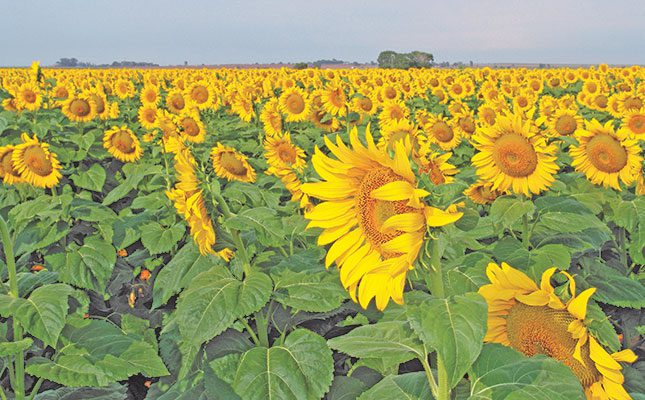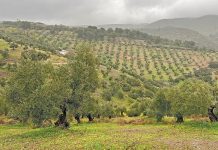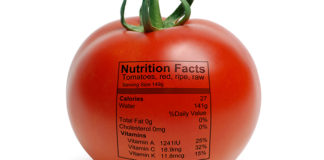
The turnover subindex fell by 22 points from the first quarter to 31, net operating income by 13 points to 35, employment by 12 points to 38, capital investments by 4 points to 46, and volume of export by 14 points to 21.
Improvements were seen in the market share of the agribusiness subindex, which increased by 6 points to 65, the general economic conditions subindex, which recovered by 9 points to 38, and the general agricultural conditions subindex, which recovered by 28 points to 46 points.
READ The importance of a business plan
The debtor provision for bad debt subindex was up by 3 points to 31, which is an unfavourable development and shows prospects of harsh financial conditions in some farming businesses, while the financing costs index declined by 4 points to 23, signalling that agricultural firms perhaps believe the interest rate will soon start to decline.
This is important as the sector sits with just over R205 billion in farm debt, according to the report.
Wandile Sihlobo, senior economist at Agbiz, said that this was the lowest level of confidence since the third quarter of 2009, which was negatively affected by the global economic crisis.
He ascribed the low ACI to the mid-summer El Niño-induced drought’s impact on summer grains and oilseed production, in combination with long-standing challenges of inadequate road infrastructure and municipal service delivery.
Lingering animal disease challenges, such as avian influenza and foot-and-mouth disease, and heightened geopolitical tensions also weighed heavily on sentiment.
Paul Makube, senior agricultural economist at FNB Commercial, said the decline in business confidence was a sign of “further consternation about the operating environment for the agriculture sector,” with a downbeat outcome signalling a loss of momentum in GDP output for the quarter.
READ Diagnosis and treatment of the main livestock diseases
While no benchmark for global agribusiness confidence exists, Makube deduced that it would be more optimistic than in South Africa.
“Each country is affected by different dynamics, making comparisons difficult. Geopolitical tension is still affecting trade, but global production is solid, fertiliser prices are coming down, and food inflation in most countries is easing. Pockets of challenges, nevertheless, exist, such as in Brazil, where El Niño-induced drought also negatively impacted production.”
Makube expects agribusiness confidence to improve for the rest of the year: “Downbeat sentiment in the second quarter was primarily caused by two bad months. Uncertainty associated with the elections is gone, we are transitioning into the La Niña weather pattern, which improves prospects for good rains for the 2024/2025 crop season. International fertiliser prices are lower than last year, and fuel prices have eased and are likely to sustain the current momentum given the rand and crude oil price trajectory. The interest rate is also expected to come down later this year.”
READ In pictures: Farmers in dire need as Namibia faces severe drought
Other positive developments in the agriculture sector include the trade surplus surging by 20% year on year in the first quarter of 2024, as the value of exports jumped by 6% year on year.
Agriculture GDP also posted strong growth of 13.5% year on year in the first quarter of 2024, underpinned by a combination of solid output in horticulture and livestock and animal products.
John Hudson, head of agriculture at Nedbank Commercial Banking, said that the agriculture industry has faced significant challenges, with the period leading up to the elections marked by uncertainty that may have affected sentiment.
Despite the numerous local and global challenges, he expects the election’s market-friendly outcome, which is seen as favourable for businesses, to potentially boost sentiment and stimulate increased activity in the latter half of 2024 and into 2025.
@farmersweeklysa Farmers in Namibia are in desperate need of feed and fodder for their livestock as the country is facing extreme drought. #FarmersWeeklySA #agriculturetiktok #farminginnamibia #drought #weather #fodder #animalfeed #droughtrelief ♬ original sound – Farmer’s Weekly SA













